Contemplating “Well Read”

A good friend and avid reader sent me this tweet. She reads nearly as much as I do. I say almost because she is a bit more discerning on what she reads. She also does not finish a book in 2 to 3 hours. I, on the other hand, will read just about anything, as long as it is written well. If you think about it, that is not a very high bar. My friend was a bit put off and insulted by this tweet, as I am sure a lot of people were, because they did not understand where Morgan Jerkins was coming from.
We had a conversation about this. Her side of the argument is you are well read if you read a lot. After all, public education goes through the effort to expose students to classics that they think everyone should read like Shakespeare or William Falkner. I explained that it is not about how much you read or what you read but about who you read. Are you only getting one viewpoint of the world? In the world of public school, that view point is that of dead white guys.
She never thought about it. Honestly, I did not either. If I am being 100% honest, had I not enrolled in university to finish my degree, if I had not decided on being an English major and given books by Octavia Butler, Alice Walker, and Zora Neale Hurston to read and more importantly, discuss and write about, I probably would have been just as insulted. A classroom setting, especially in higher education, makes you think about who and what you are reading and why. Prior to university I never considered the who, what, and why of a book or its author. I can only name a handful of authors from my pre-university days. I never paid attention. Now I do.
I learned to read before I entered kindergarten. Outside of Dr. Seuss I remember reading Andre Norton, Ursula K. Le Guinn, and Mercedes Lackey early on. I blame my great-grandmother for this because she pushed me in the direction of feminist science fiction writers the first chance she got. She remained my main source of books for a long time, including an ancient two volume set of Grimm’s Fairy Tales. I remember reading Dune by Frank Herbert in fourth grade. I remember my horror book phase that started somewhere around 7th grade and remember reading a lot of stuff by John Saul and Stephan King. In 9th grade I discovered Douglas Adams.
There were other books. A lot of other books. I can not remember how old I was when I read most of them. Once I finished all the Hardy Boys books I moved on to Nancy Drew, only to realize I did not like her much. Thanks to Nancy Drew and the Hardy Boys, I realized even then there were “girl books” and “boy books.” How dare authors and publishers and by extension libraries and bookstores decide what I should read based on my gender!
Once I got my first library card I was checking out 20+ books out of the library every two weeks to read. I read everything and anything I could get my hands on regardless of genre or author. Around the age of 12 I rummaged through boxes in our basement that were never unpacked from our move years before. Stored away and forgotten about was copy of The Story of O and two Harlequin Romance books in those boxes and read those. When I started picking up books I had already read, only to realize it halfway into the third chapter I attempted to keep a list of books I had completed. This was a short lived endeavor as I wanted everything alphabetical by author (last name first) then title.
Shortly after reading The Story of O I started consuming V.C. Andrews books and following her work. The same with Anne Rice. In fact, I came across an original printing of Interview with the Vampire from 1976. As a teenager it was my pride and joy.
As an adult I discovered Neil Gaiman and had to read everything he wrote. The movie Fight Club turned me onto Chuck Palahniuk. At 20-something I could name less than a dozen authors outside of those I was exposed to in school. That is remarkably sad considering I had read hundreds, probably thousands, of books written by people from all walks of life. I have gone through a vampire romance phase, a biography phase reading nothing but biographies by famous people (and I am not ashamed to admit that this started with Boy George’s biography, Take it Like a Man) followed up by zombies, from there it was the wastelands of alternate reality dystopias. There is not a genre I have not delved into at some point. I also read everything recommended to me.
That tweet had as much of an effect on me as my literature professors. I have started to pay attention to what I am reading and who wrote it while continuing to read everything not nailed down. However, I am now paying attention to who wrote what and learning more about the authors. If I am going to be spending a few hours with someone’s book, I might was well spend 10 minutes getting to know a bit about them. Today I know which books I am reading are by black authors, women, straight men, or LGBTQ authors. I intentionally look for books written by someone other than a straight white guy. The only problem is science fiction, easily my favourite genre, is overwhelmingly written by straight white guys. As much as I agree with the idea of the Death of the Author, an idea put forth by the French literary critic and theorist, Roland Barthes, this general information is good to have.
Barthes argues the intent of the author and their biographical context has no bearing on a work. A book should be able to stand on its own. This is an important theory because everyone takes something different away from what they read, if too much of the author is present it only allows for one interpretation. Public school teachers are notorious for telling students how to interpret a book. “The author meant this.” Chances are, in reality, teachers have little insight into the authors brain. They are just guessing. Neil Gaiman has said, “Sometimes a story is just a story.” Teachers tend not to believe that and teach their interpretation of a book. This puts students into an echo chamber and teaching them to regurgitate back information they were fed. It also has the effect of killing any love of reading a child has.
Knowing if an author is gay or straight, male or female, Christian or Jewish gives the reader just enough insight to the point of view of a book. Women have different life experience than men, gays different experiences than straights and so forth. It colours how they see the world. As Chuck Palahniuk said, “No two people walk into the same room.” If we want to broaden our world view, we need to pay attention to how each of those people describe that room.










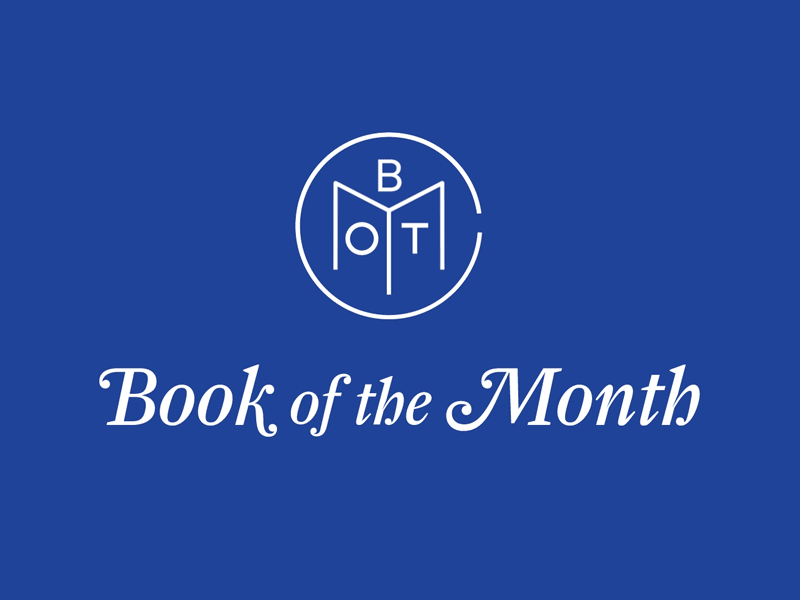
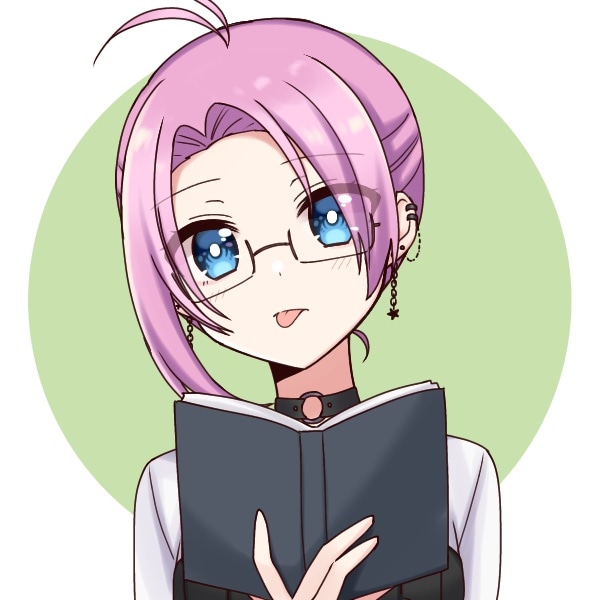
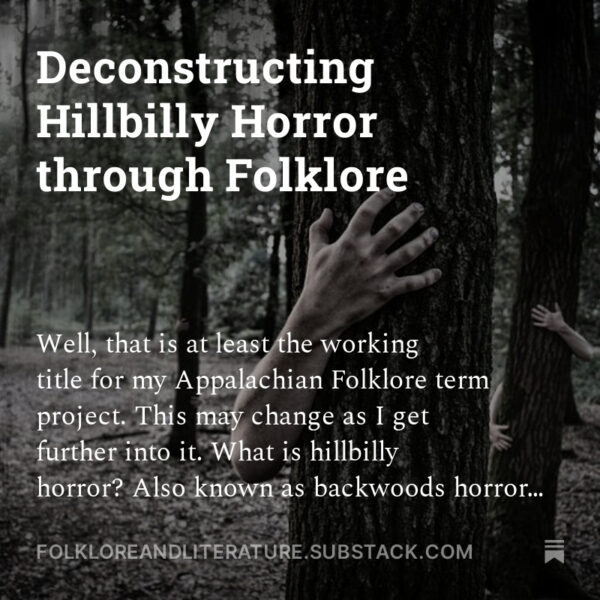
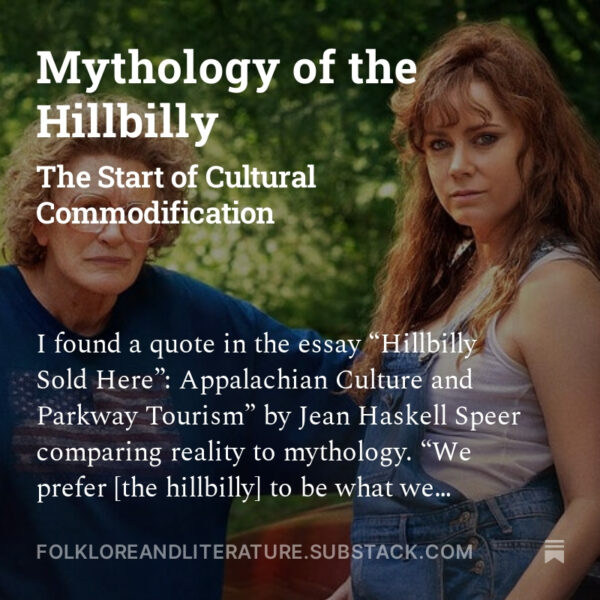
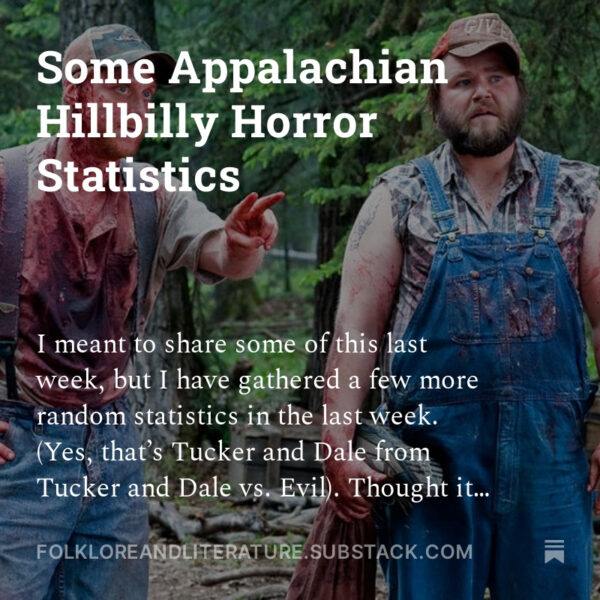
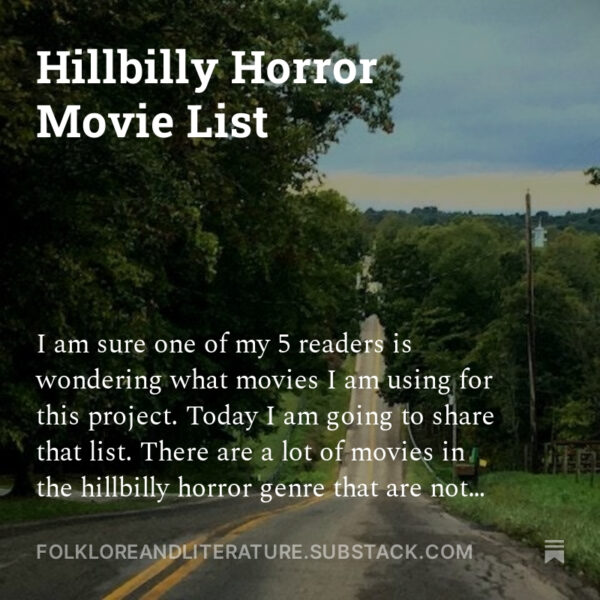
Wonderful and thoughtful post! I hadn’t decided if I wanted to keep my blog post about “well read” and i’m definitely not now. I was too afraid of offending people while trying to say the same things lol, it really didn’t work, so i’m going to have to redo that post. Sometimes I worry too much about offending people.
You read so much more than I did growing up! Growing up though I was disappointed I couldn’t see anyone like me in media. Queer and disabled, in chronic pain, feeling like an outsider. So when I decided to try reading again in 2015 (at 26 years old) I fell in love realizing, finally, there are diverse books! And I found booktube and a part of that was booktubers of color that got me to realize, sure I was seeking out queer and disabled books (the later still not so easy to find but it’s getting there) but authors of color weren’t something I was thinking about since i’m white. So now I always want to try to read diversely in every way (and it’s a journey).
The only thing looking up the authors makes me think (I do it to just to see what information is available) is that there are people that have demanded authors out themselves (to make sure they are “allowed” to write whatever book they wrote). It’s hurt some authors. Authors don’t owe us that information. Sure i’ll look them up and see if they have that information publicly available, no harm in that, if it’s there that’s great, but to those demanding (I know not you) authors out themselves, that’s harmful. We don’t know their life situation.
I agree with death of the author, we all can read a book differently and that doesn’t necessarily make anyone wrong as we come with different life experiences. School was also a factor in killing the love of reading in me. I know I struggled with reading comprehension in school but I always had a desire to read. I’d read cereal boxes, I was that kid. I saw my dad reading and want to read. But combined with my struggle with reading comprehension and lack of seeing any character even remotely like me, school just killed it. I’m glad I found my way back to it again, better late than never.
Sorry for commenting a blog post on your blog post XD.